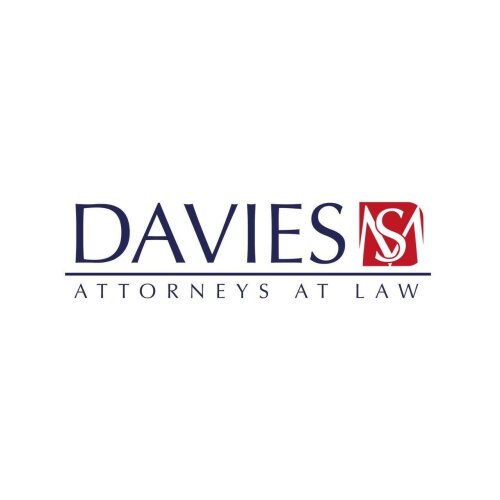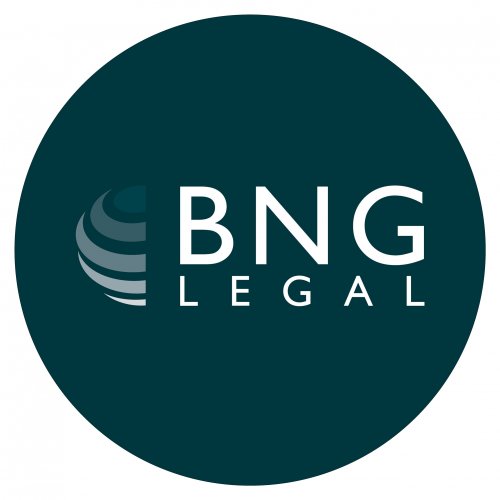Best Housing, Construction & Development Lawyers in Phnom Penh
Share your needs with us, get contacted by law firms.
Free. Takes 2 min.
Free Guide to Hiring a Real Estate Lawyer
List of the best lawyers in Phnom Penh, Cambodia
About Housing, Construction & Development Law in Phnom Penh, Cambodia
In Phnom Penh, Cambodia, the housing, construction, and development sector operates under an intricate system of laws and regulations. These statutes cover a wide range of areas including land rights, construction permits, housing agreements, building safety regulations, and urban development issues. The sector has seen significant growth in recent years, attracting both local and foreign investment. With increasing development, the laws and regulations governing these sectors have become more comprehensive and strict to ensure sustainability and protect all stakeholders involved.
Why You May Need a Lawyer
Legal help can be invaluable when navigating the fields of housing, construction, and development in Phnom Penh. Some common reasons you may require legal assistance include: clarifying land ownership rights and titles, getting approval for construction permits, handling disputes regarding property or construction, ensuring adherence to building codes and safety regulations, and safeguarding your interests in property transactions or contracts. It is crucial to have someone proficient in Cambodian law to maneuver the complexities of these dealings.
Local Laws Overview
The Cambodian constitution, Land Law, and other related regulations form the legal backbone for housing, construction, and development. These provide for registered ownership, but also recognize unregistered ownership rights. The Land Management Law, on the other hand, governs urban development. The Construction Law is particularly relevant as it details regulations regarding construction permits, safety standards, inspection procedures, and duties of stakeholders. Penalties for non-compliance range from fines to construction stop orders and imprisonment.
Frequently Asked Questions
1. Can foreigners own property in Phnom Penh, Cambodia?
Foreign nationals cannot own land directly, but they can enter long-term leases and can own buildings or apartments from the first floor upwards, excluding the ground floor, under the law.
2. How can one ensure that land titles are legitimate?
An intricate title registration system exists in Cambodia. Legitimate titles are registered with the Land Management and Planning Department. One can hire a Lawyer to ensure a thorough verification process.
3. What are the building safety regulations in Phnom Penh?
The Construction Law stipulates safety regulations which include minimum quality standards, compliance to approved architectural plans, site inspections, among others.
4. What actions can I take if there are issues with a construction project?
If you encounter issues such as delays, breaches of contract or substandard construction quality, you can seek legal advice. You may initiate a dispute resolution process or litigation depending on the severity of the issue.
5. Can construction proceedings continue without a permit?
No, under the Construction Law, all construction projects must obtain and display a valid construction permit. Non-compliance could result in penalties such as a stop-work order, fines, or imprisonment.
Additional Resources
Ministry of Land Management, Urban Planning and Construction is a key governmental body for issues regarding housing, construction, and development. The Phnom Penh Municipal Department of Land Management, Urban Planning, Construction and Cadastre is another helpful resource. You can also consult the Law on Land, Law on Construction, and other legal texts related to the topic for detailed understanding.
Next Steps
If you require legal assistance, consider consulting a lawyer or a recognised legal entity. Ensure that they specialize in Cambodian property, construction, or development law. Regular consultations, open communication, and a clear understanding of costs involved are key steps to take for successful legal assistance.
Lawzana helps you find the best lawyers and law firms in Phnom Penh through a curated and pre-screened list of qualified legal professionals. Our platform offers rankings and detailed profiles of attorneys and law firms, allowing you to compare based on practice areas, including Housing, Construction & Development, experience, and client feedback.
Each profile includes a description of the firm's areas of practice, client reviews, team members and partners, year of establishment, spoken languages, office locations, contact information, social media presence, and any published articles or resources. Most firms on our platform speak English and are experienced in both local and international legal matters.
Get a quote from top-rated law firms in Phnom Penh, Cambodia — quickly, securely, and without unnecessary hassle.
Disclaimer:
The information provided on this page is for general informational purposes only and does not constitute legal advice. While we strive to ensure the accuracy and relevance of the content, legal information may change over time, and interpretations of the law can vary. You should always consult with a qualified legal professional for advice specific to your situation.
We disclaim all liability for actions taken or not taken based on the content of this page. If you believe any information is incorrect or outdated, please contact us, and we will review and update it where appropriate.











